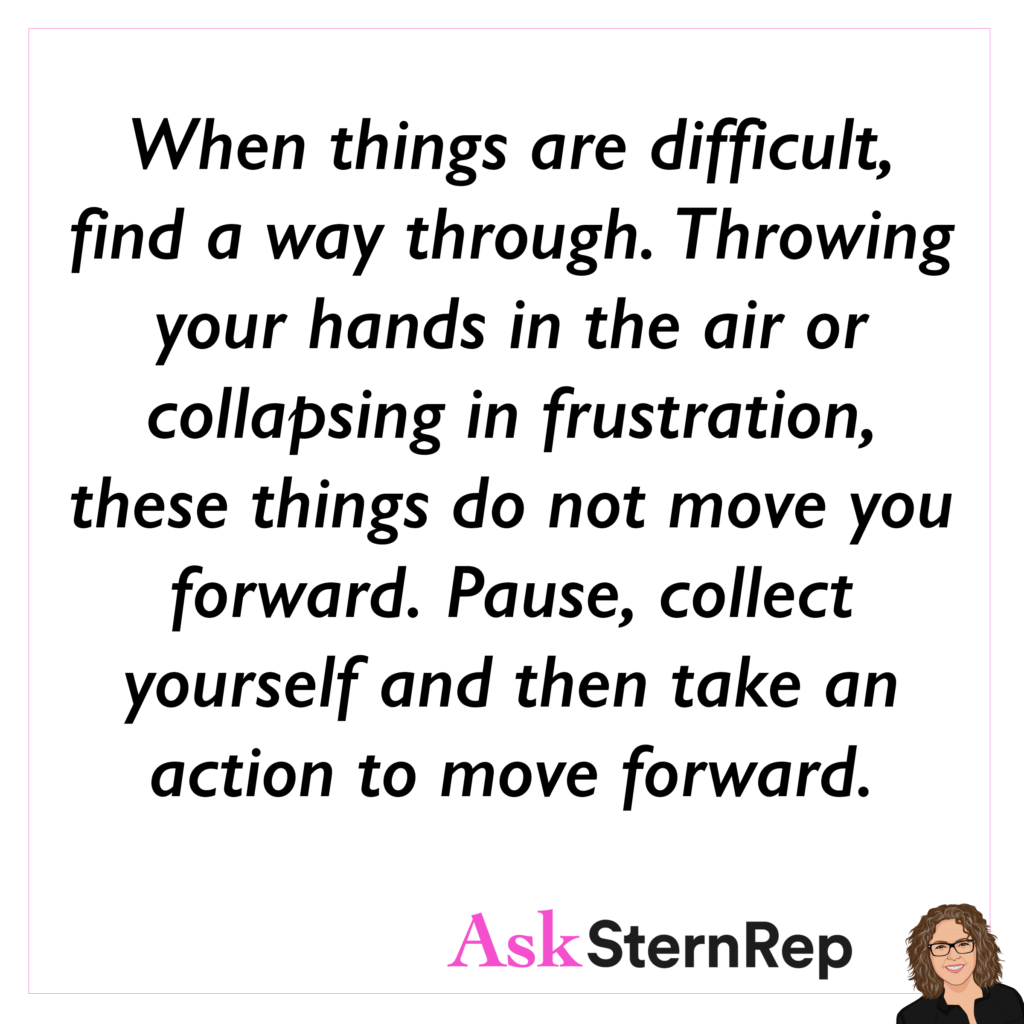
When things are difficult, find a way through. Throwing your hands in the air or collapsing in frustration, these things do not move you forward. Pause, collect yourself and then take an action to move forward.

When things are difficult, find a way through. Throwing your hands in the air or collapsing in frustration, these things do not move you forward. Pause, collect yourself and then take an action to move forward.
Bidding on a job requires fact-checking client answers. Often they are slow to come in or don’t get responded to. What do we do? Try a new way – make your questions form a cohesive list to be answered by attention-getting dashes, bullet points, or (my fave) numbers.
You know when you’re bidding on a job and the contact at the agency or client isn’t responding to your questions? It seems like they’re missing something. I assume they’re rushed and don’t have time to go through a full email, or maybe there’s too much chatter instead of getting to the point. We need to make our emails extremely clear and concise. Don’t be afraid to keep asking the same questions until they get answered.
I know we don’t want to make the person uncomfortable or make the communication awkward, but you have to keep asking. Try doing it in a different style; perhaps they’ll understand better if we lay it out differently, using bullet points, dashes, or numbers—numbers are very helpful in an email. If that doesn’t work, consider trying a phone call; maybe they’re not into emails, and that’s why it’s not working. The important thing is to keep trying, even if it feels awkward.
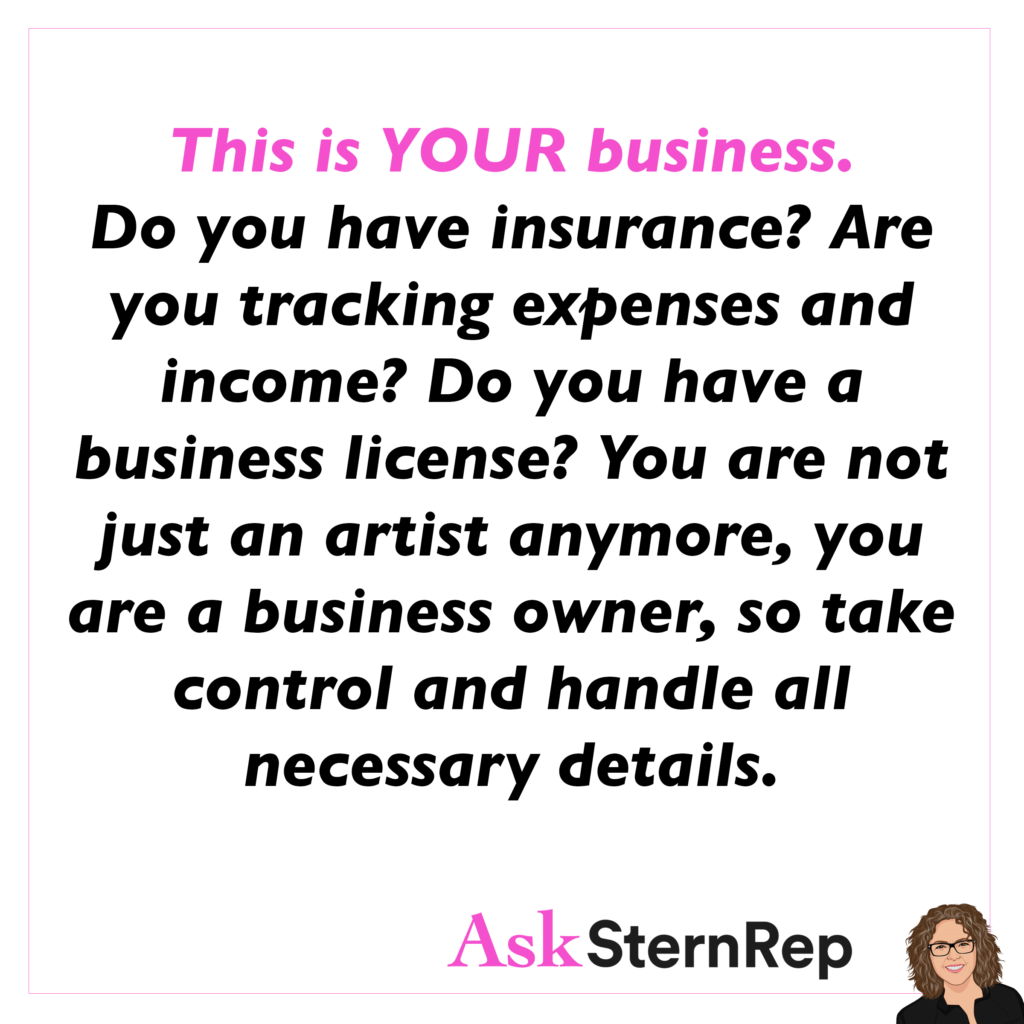
This is YOUR business. Do you have insurance? Are you tracking expenses and income? Do you have a business license? You are not just an artist anymore, you are a business owner, so take control and handle all necessary details.
Learning why we DID NOT get the job can be the most value-packed free resource, and I’m surprised by how available it is to us if we ask. With a bit of timely follow-through, we could potentially receive the clear strategic feedback every business needs.
I’m finding that we can get more information about why we didn’t get certain jobs if we put some effort into asking. It’s strange, but for some reason, clients seem more open to sharing the specific reasons why we weren’t selected. We just have to ask them and make sure we pose the question. It’s not that hard; we just need to put ourselves out there.
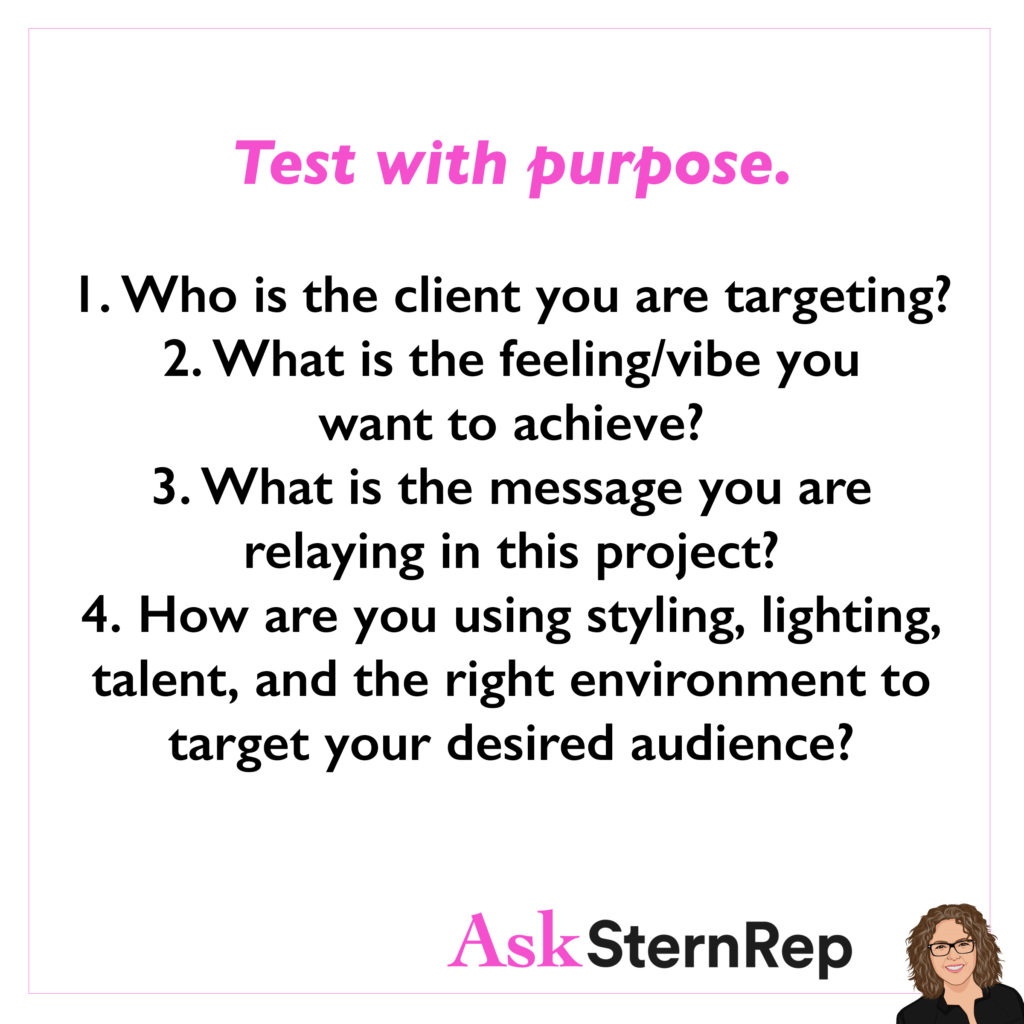
Test with purpose.
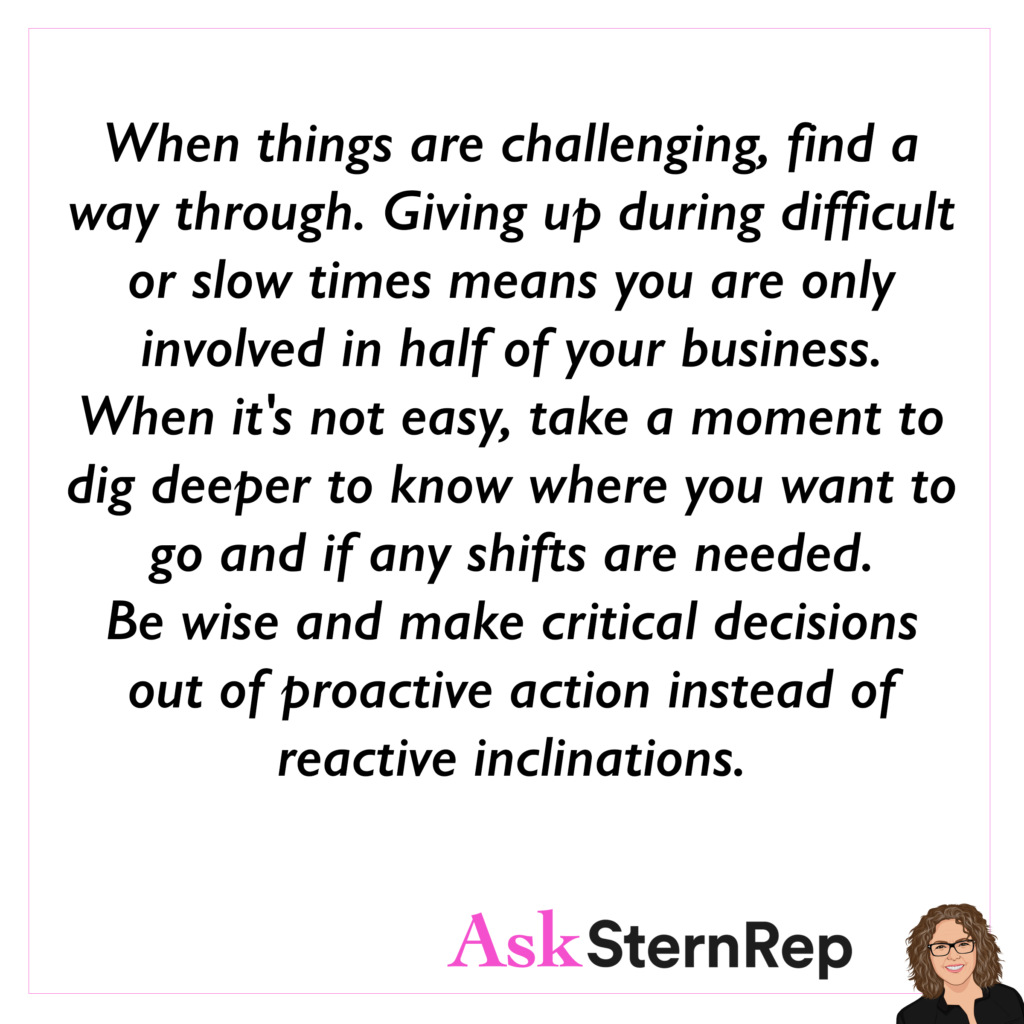
When things are challenging, find a way through. Giving up during difficult or slow times means you are only involved in half of your business. When it’s not easy, take a moment to dig deeper to know where you want to go and if any shifts are needed. Be wise and make critical decisions out of proactive action instead of reactive inclinations.
Clients need to trust us if we want to create open and honest communication. One way to keep it honest is to change the bidding categories they requested on the 1st revision instead of adjusting other costs/conditions they may not notice.
I have a personal tip regarding estimating when bidding on a job. When I send a bid and the client responds with changes or questions, I sometimes feel uneasy about modifying other aspects of the bid that weren’t part of the original discussion. If I do make changes, I have to assume that the client may not read through the entire estimate again and might miss the updates, which can come off as sneaky or unprofessional.
Therefore, I believe it’s important to inform the client if any additional changes are made beyond those initially discussed. This transparency is something I find extremely valuable, and I wanted to share it with you.
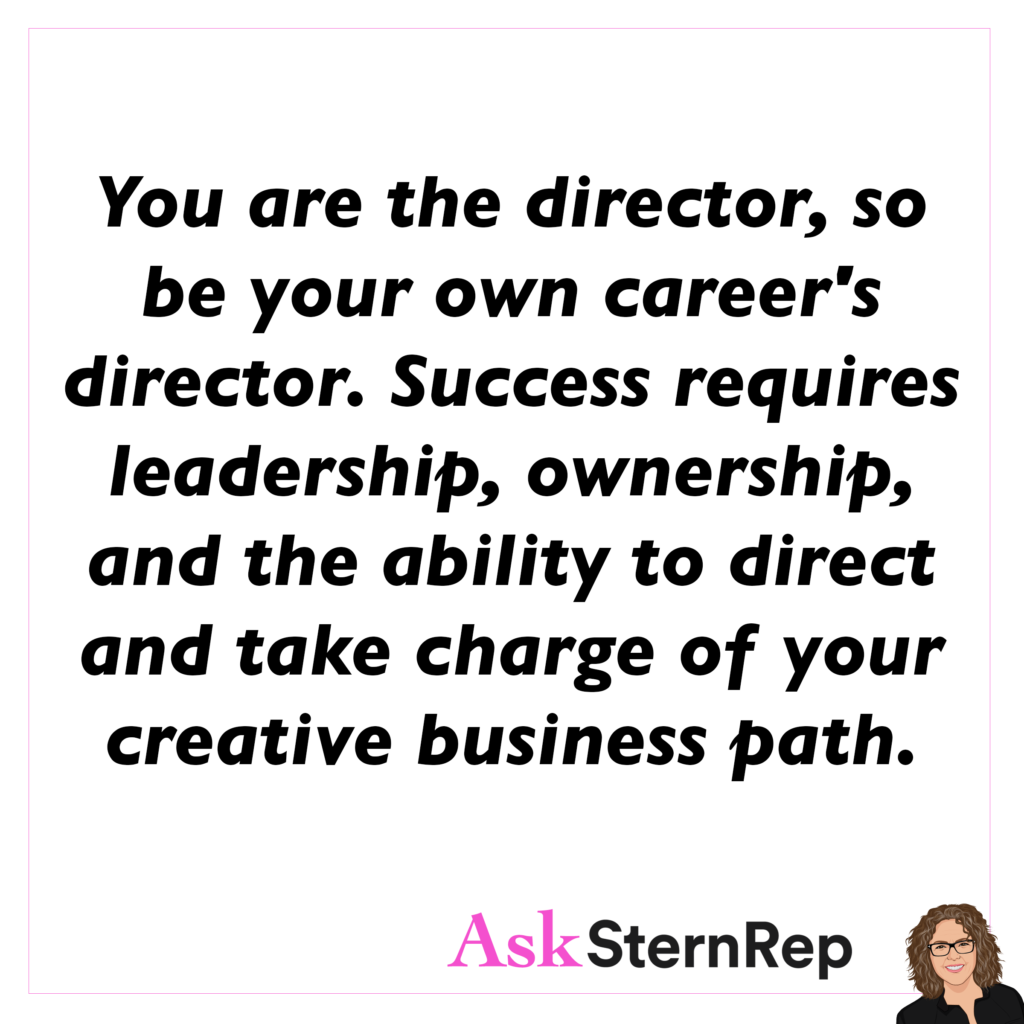
You are the director, so be your own career’s director. Success requires leadership, ownership, and the ability to direct and take charge of your creative business path.
Take that Creative Call as the opportunity to close the deal and get the job. Show up as you would in any conversation. Be present and respond by sharing your opinions/thoughts/ideas/excitement throughout the call. They are wondering who you are, and this is your opportunity to give them a sense of who you would be on set.
The creative call is a crucial part of the process for getting a job in the commercial advertising industry. While the treatment, bidding, and portfolio are important, the creative call is when the potential client wants to interact with the photographer and see what kind of person they will be on the shoot. During the call, it is important to listen carefully to the shot list and other details, but also to be ready to jump in and express ideas or technical knowledge. Sharing personal experiences or perspectives on camera angles, fashion, coloring, lighting, and other aspects of the shoot can demonstrate creativity, passion, and professionalism. The creative call is an opportunity to showcase who the candidate will be on set and how they can contribute to the success of the project.
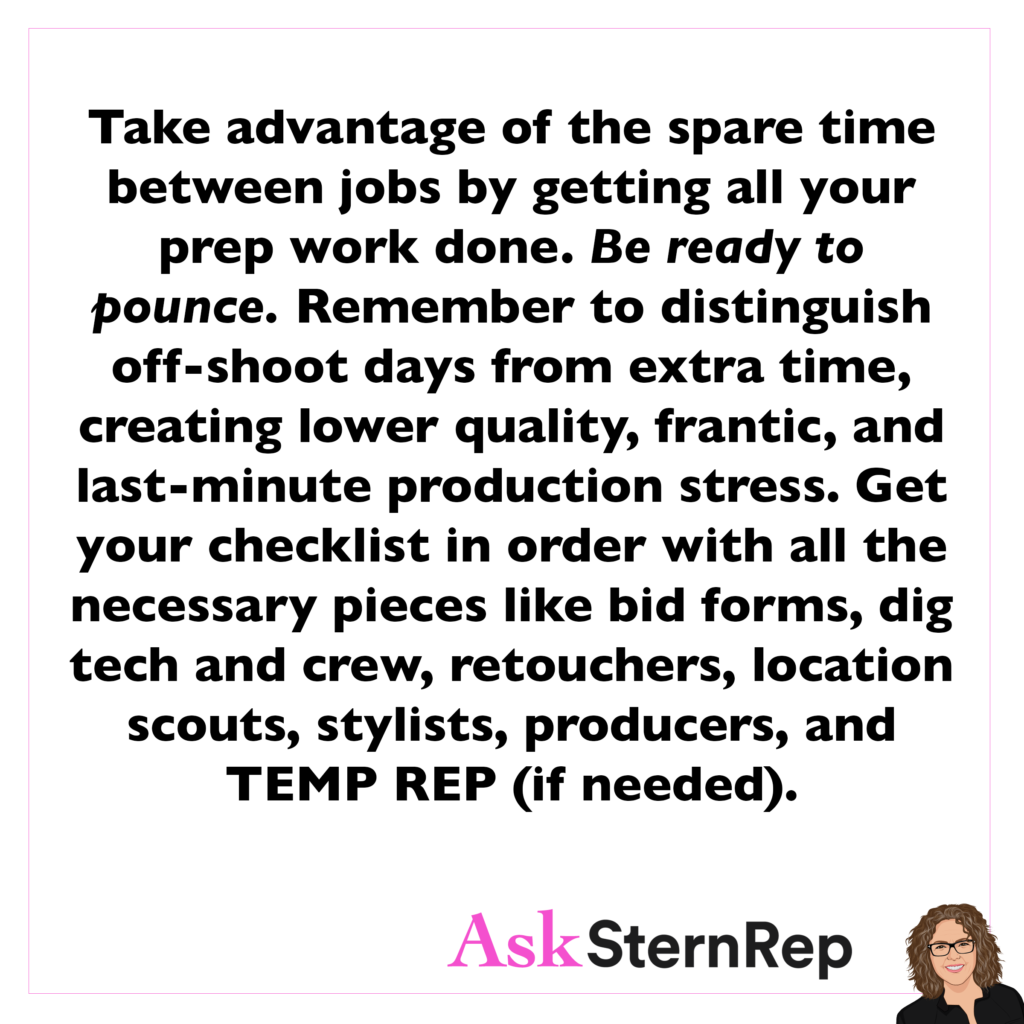
Take advantage of the spare time between jobs by getting all your prep work done. Be ready to pounce. Remember to distinguish off-shoot days from extra time, creating lower quality, frantic, and last-minute production stress. Get your checklist in order with all the necessary pieces like bid forms, dig tech and crew, retouchers, location scouts, stylists, producers, and TEMP REP (if needed).